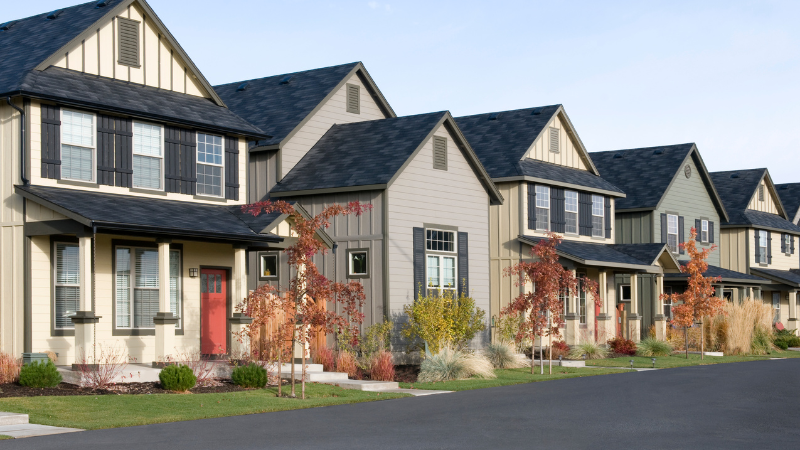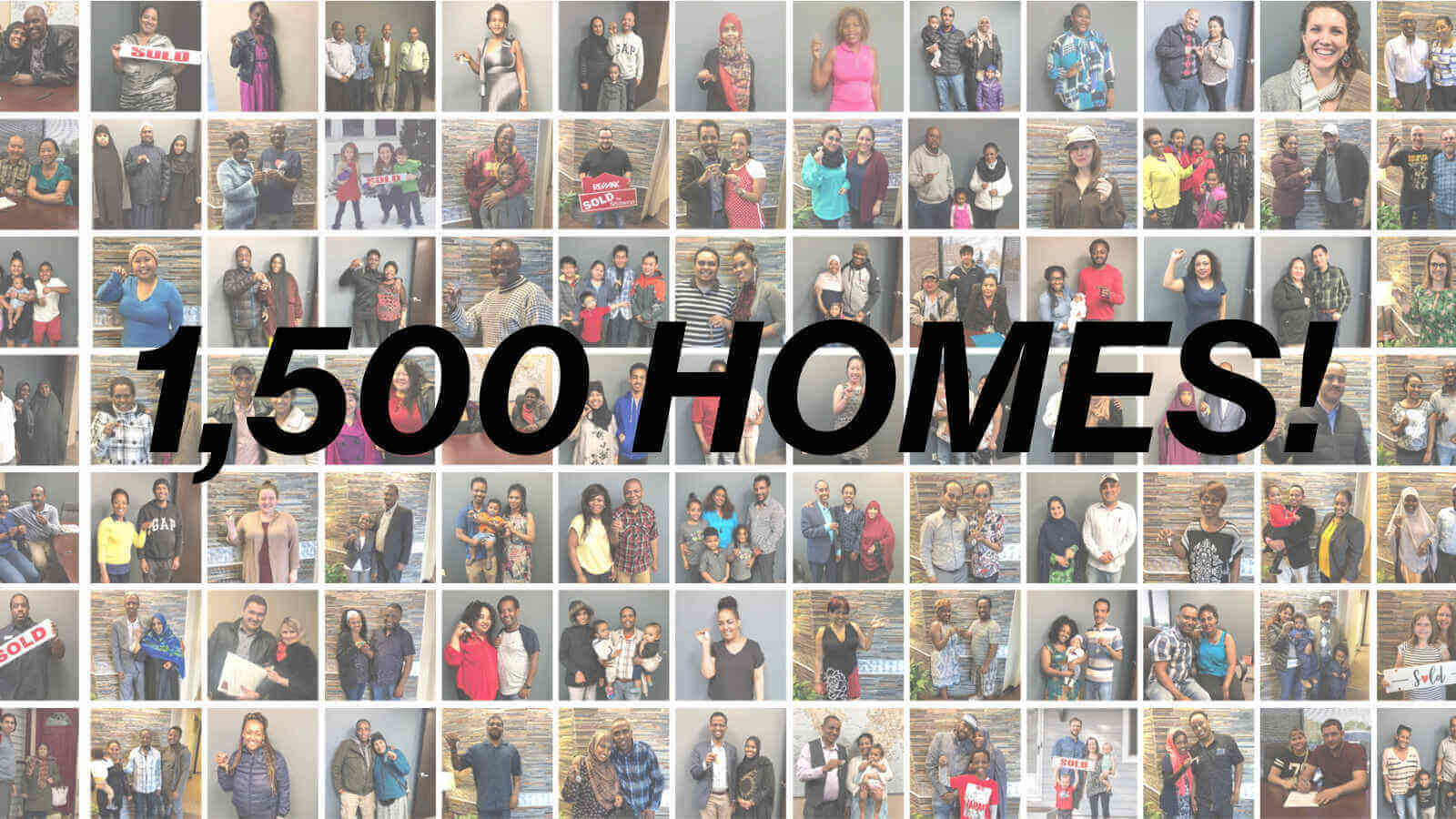Support & Celebrate National Homeownership Month
We love June around here because it's National Homeownership Month! Twin Cities Habitat for Humanity is proud to celebrate this time dedicated to...
2 min read
 Twin Cities Habitat for Humanity
:
9:15 AM on September 10, 2025
Twin Cities Habitat for Humanity
:
9:15 AM on September 10, 2025

Thinking about buying your first home? You're not alone. But if you're like many potential homebuyers, you might have heard things about affordable housing programs that simply aren't true.
Misconceptions about affordable housing keep many qualified families from exploring programs that could help them buy their first home.
Let's separate fact from fiction with these seven common myths.
REALITY: Multiple studies show affordable housing has no negative impact on neighboring home prices. Research consistently demonstrates that well-designed affordable housing maintains or even enhances neighborhood property values.”
What this means for you: Affordable housing is likely either on-par with its surrounding neighborhood or in even better condition than its neighbors!
REALITY: All affordable housing must meet the same construction and design standards as market-rate homes—often with additional requirements because of public funding involvement.
Affordable housing costs less to buy because of financial assistance programs, not because of lower quality construction.
See our current available homes. Also, Habitat homes are built with the latest energy efficiencies in mind.
REALITY: Stable housing actually improves educational outcomes. Without affordable housing, many families become trapped in a cycle of rising rents and have to move frequently to find living space they can afford.
When families aren’t forced to move because of rising rents, children stay in the same school longer, they build stronger relationships with teachers and peers, they score higher on standardized tests, and they’re more likely to graduate and attend college.
When housing disruptions are minimized, everybody wins.

REALITY: Affordable housing actually enhances local tax revenues.
By improving or replacing substandard housing, affordable housing becomes a net plus on the tax rolls. Instead of low or no payment of taxes by distressed properties, affordable housing owners actively contribute to the local economy in the taxes they pay, the money they spend in local businesses, and in how they increase property values and revenue in a neighborhood.
Twin Cities Habitat homeowners contribute millions of dollars annually in property taxes, directly supporting local schools, infrastructure, and community services.
REALITY: No credible research supports this claim. In fact, homeownership creates neighborhood stability and can help reduce crime rates.
When people own their homes, they're invested in their community's safety and success.
Families who live in affordable housing want the same thing every family does – a safe place to raise children and build equity.
REALITY: Homeownership programs aren't handouts—they're investments that benefit everyone. Wealthy homeowners receive far more housing subsidies through mortgage interest deductions and property tax write-offs than the government spends on affordable housing programs.
These programs level the playing field, giving working families access to the same wealth-building opportunities.
REALITY: This is one of the biggest misconceptions we hear. Twin Cities Habitat's programs serve households earning $53,000-$154,200 annually—that's teachers, nurses, retail managers, and many other working professionals.
You might qualify if you are a first-time homebuyer, live in the seven-country Metro area, have steady employment, and are mortgage-ready (or close to it).
We focus on helping mortgage-ready buyers move through the process faster while providing financial assistance and education to ensure long-term success.
|
Sidebar: Am I Eligible? Quick Self-Assessment |
|
Income Ranges (1-10 Persons Per Household)
Other Requirements:
|
At Twin Cities Habitat for Humanity, our mission is to help more families achieve their dream of homeownership. And affordable housing programs don't just help individual families; they strengthen entire communities.
Ready to take the next step? Download our free First-Time Homebuyer Guide and discover if homeownership could be more affordable than you think.
Your gift unlocks bright futures! Donate now to create, preserve, and promote affordable homeownership in the Twin Cities.

We love June around here because it's National Homeownership Month! Twin Cities Habitat for Humanity is proud to celebrate this time dedicated to...

Buying a home comes with many different expenses to consider.

Twin Cities Habitat for Humanity is thrilled to announce that we have hit a huge milestone! At the end of August, we had a closing for the 1,500th...